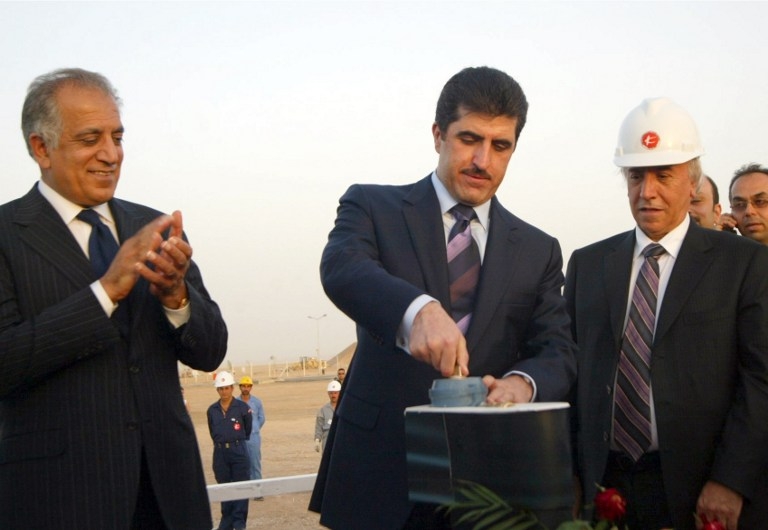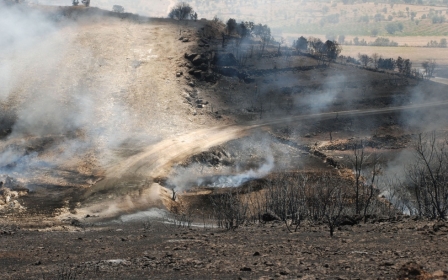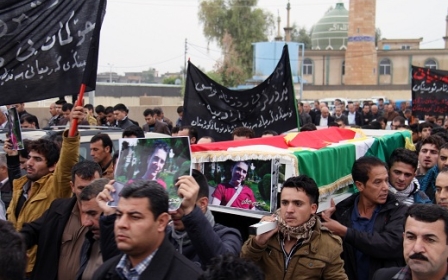Kurdish Regional Government oil sales to start in May

The sale of oil in Turkey’s Ceyhan port from Iraq’s Kurdistan Regional Government will start on 2 May, with or without the Iraqi central government's approval, Nechervan Barzani, Prime Minister of the Kurdistan Regional Government (KRG) said Tuesday.
The Kurdish Regional Government in Iraq's north has been embroiled in a long-running row with the central government in Iraq over shares of oil revenues. Late last year, Kurdistan completed work on a pipeline within its terrority, allowing it to tap into an existing Turkish-Iraqi pipeline and making independent oil exportation a possibility.
Baghdad has threatened to sue Turkey and cut Kurdistan's share of the national budget if the exports went through without its consent. As a result, 1.5 mn barrels of stored oil, shipped through the new pipeline, has been held at the port in Ceyhan, waiting for the approval from Iraq's central government to be exported to international markets.
However, recent budget cuts from the Iraqi government has sparked the Kurdistan Regional Government to export independently, a measure confirmed by Barzani in a recent interview on Iraqi television.
Barzani said that the central government cut the budget for the Kurdistan Regional Government, and added that during his last visit to Baghdad, the Iraqi minister for Economy and Finance said that the budget of KRG was cut on the orders from Iraqi Prime Minister Nouri al-Maliki.
“The money earned from this export will be deposited in a Turkish bank,” Barzani said, adding that, “The oil we export will be sold with an international price. If Turkey wants to buy it, we will sell it to Turkey, or else we will sell it to other countries.”
He said that the central government is acting arbitrarily and breaking the constitutional law and in addition salaries of the civil servants in the KRG are also not being sent from the central government.
He said that the revenues earned from oil sales will be used to pay the salaries now.
Middle East Eye propose une couverture et une analyse indépendantes et incomparables du Moyen-Orient, de l’Afrique du Nord et d’autres régions du monde. Pour en savoir plus sur la reprise de ce contenu et les frais qui s’appliquent, veuillez remplir ce formulaire [en anglais]. Pour en savoir plus sur MEE, cliquez ici [en anglais].



